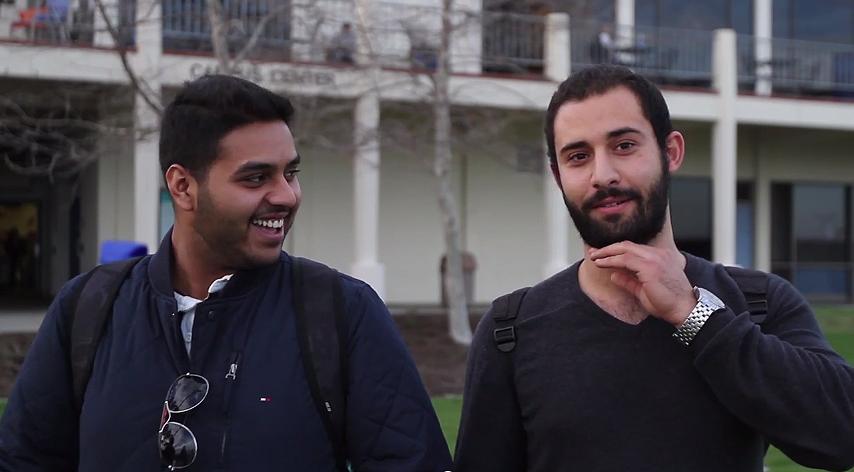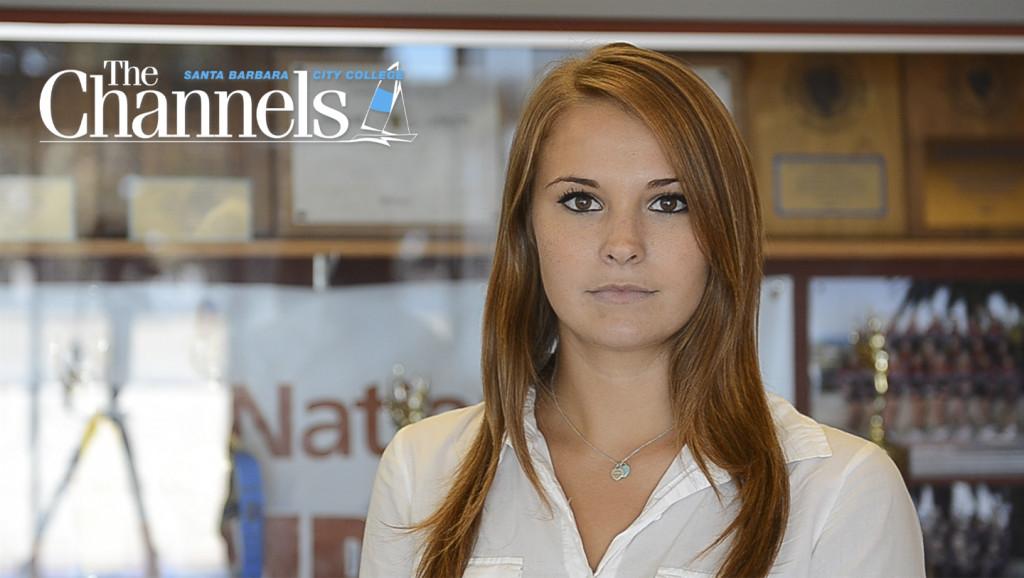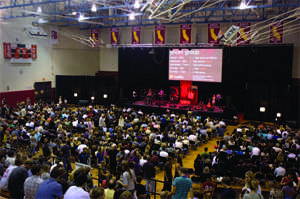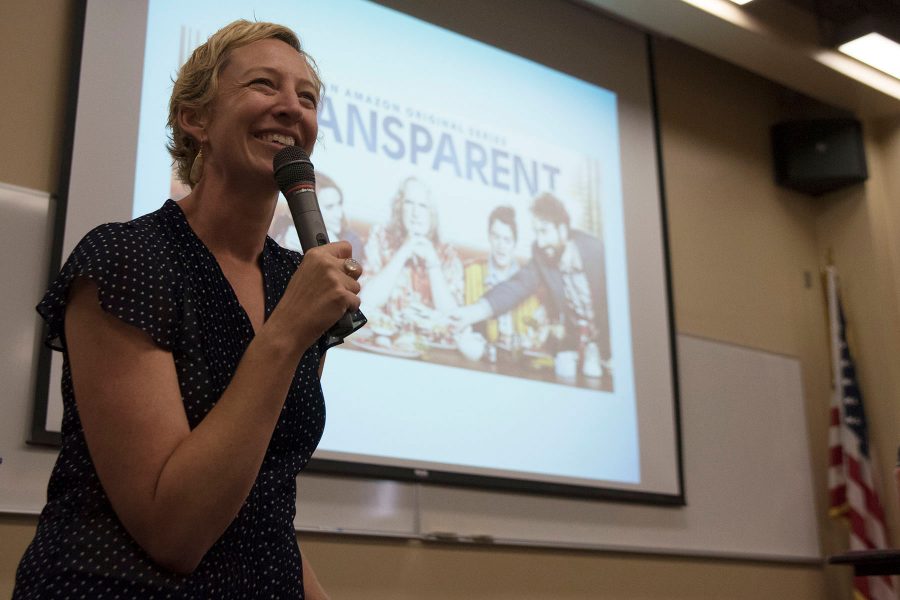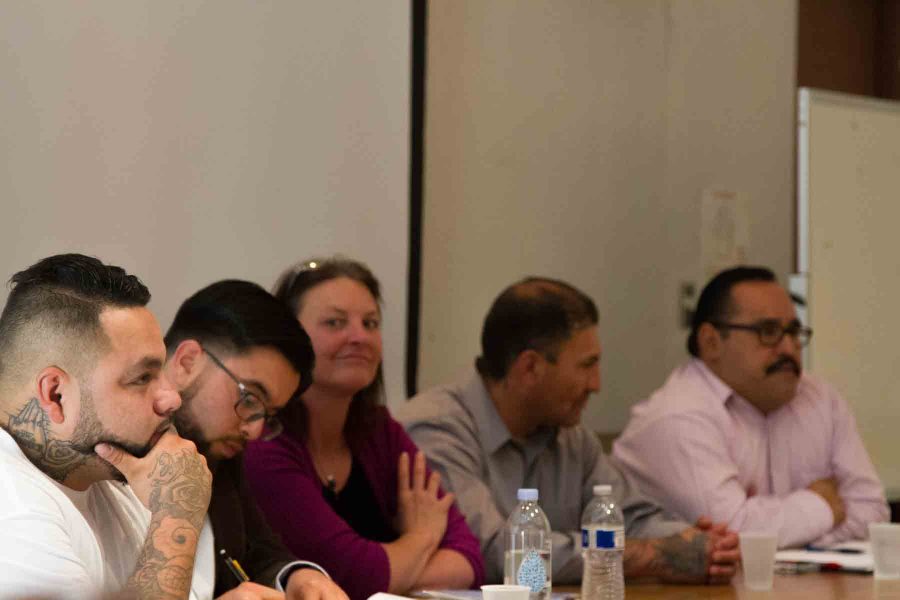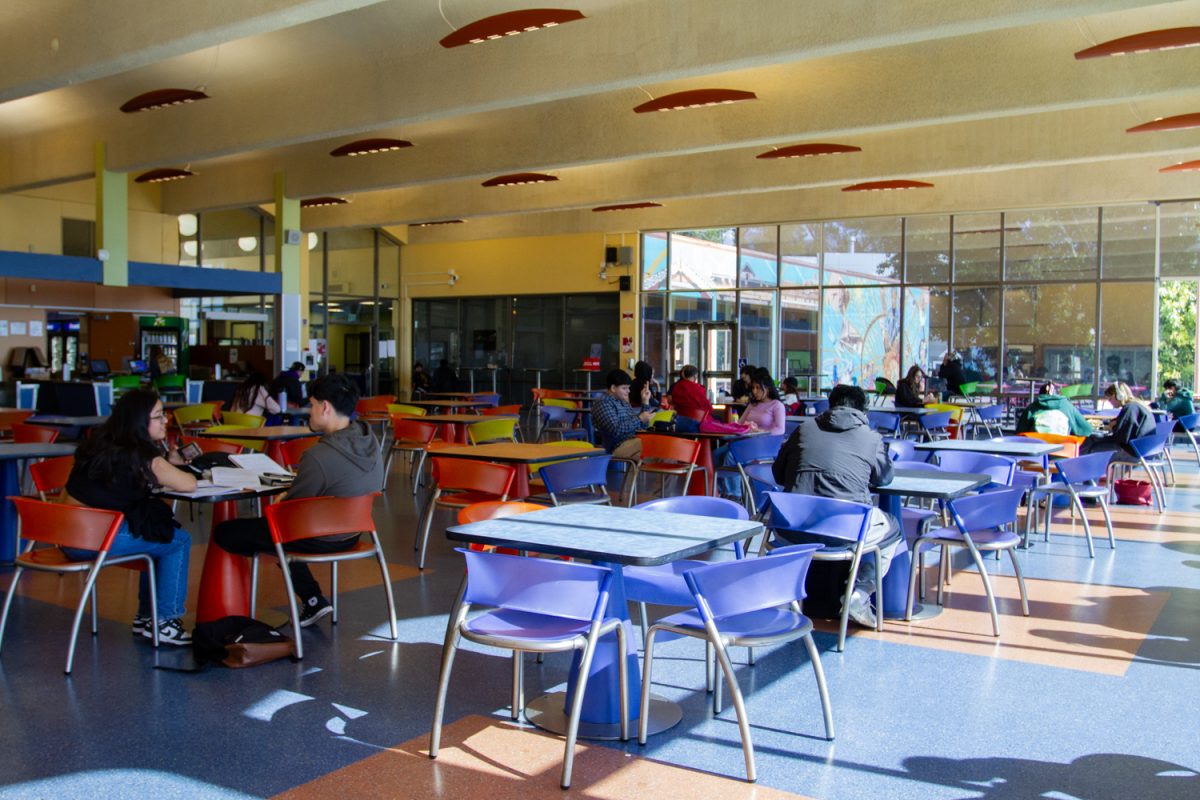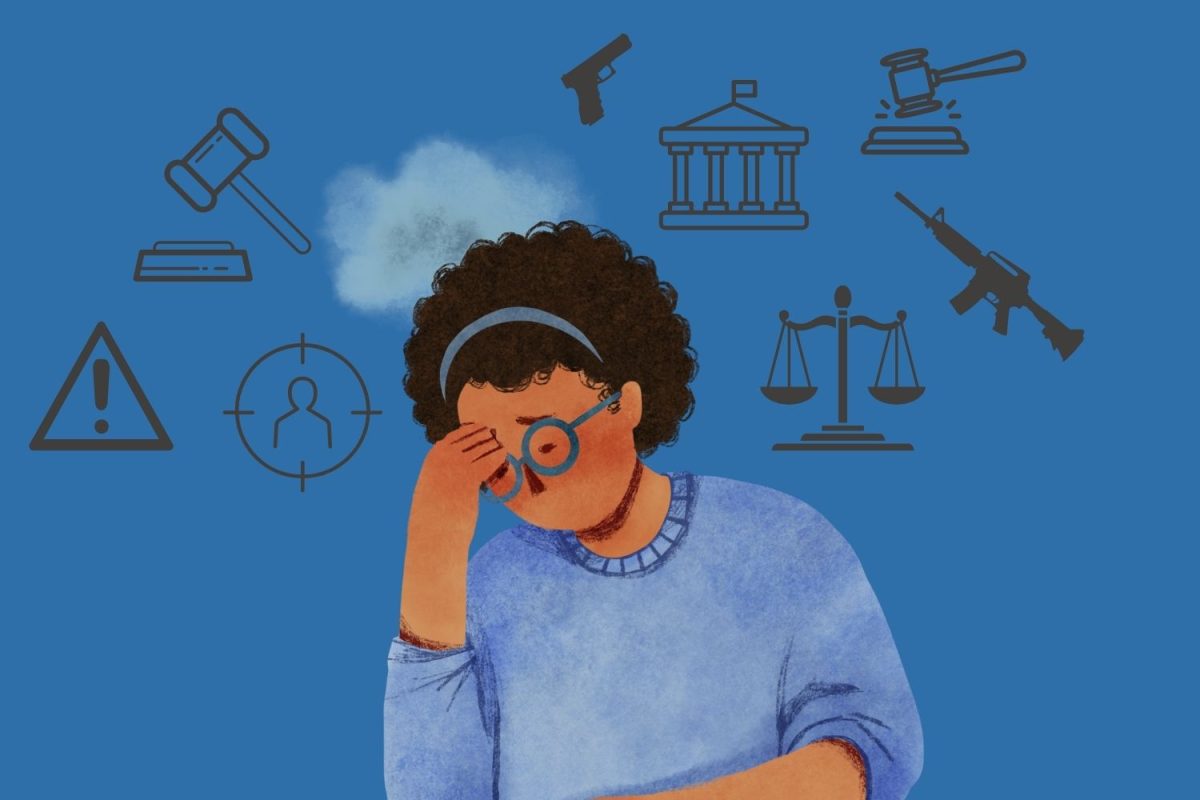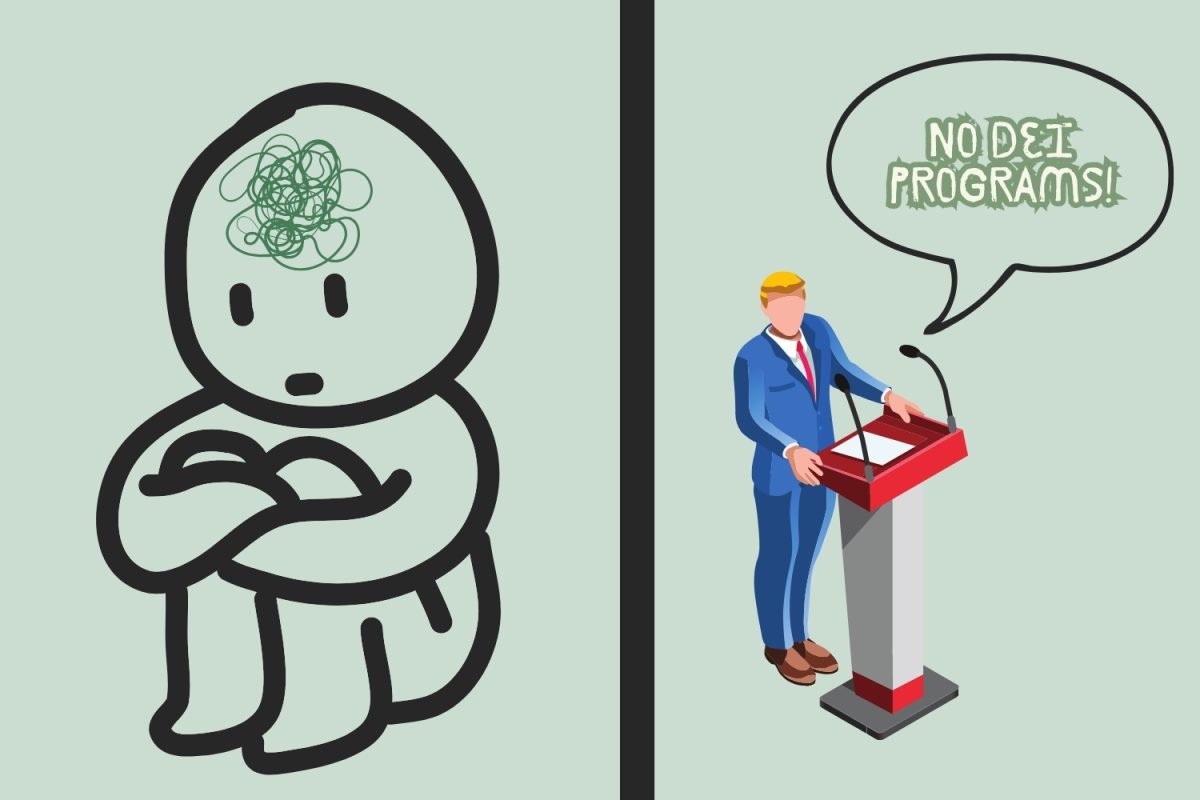Growing up in an area that is predominantly one religion, it’s easy to conform. The very definition of religion is one that is correct and exact, fixed and formal and doesn’t take much to deviation. Most often, the case is that when you are born, you are assigned a religion based upon your parents’ views and their parents’ views before them. You are not asked what you think about that belief system, or how you feel; you are told.
However, our world is constantly growing. We are developing solar plates that can keep our lights on indefinitely, trains that are capable of shuttling us 600 miles in three hours, and yet religion seems to be the only aspect of our cultures that stays at a standstill.
Out of the 19 major religions and the roughly 10,000 more obscure faiths across the world, why is it that out of the nearly seven billion people, 2.1 billion of those are strictly Christian while another 1.5 billion are entirely Islamic?
I consider myself agnostic. I believe that anything is possible and that faith can, in some cases, be healthy and positive. What I have a problem with is the person who fails to ask questions about their religion.
Human beings are naturally inquisitive creatures. We ask questions every day, either out of necessity or curiosity. For many, religion is a staple and something sacred that cannot be done without. Therefore it seems that any person truly devoted to their religion would want to know every detail and have the ability to explain every apparent contradiction.
Not previously having been exposed to any religion, when my family moved to California I was thrust into an area where my teachers, friends and acquaintances were Christian. Being of a young age, I attended church with my friends and took on the title of “Christian” without really knowing what I claimed to believe in.
As time went on and I participated in a few religious activities, primarily for social reasons, I started having problems. If God controls everything, does that mean that he uses some sort of magic? If so, does that mean that everyone who is Christian believes in magic? Or does God use science that we are not yet capable of understanding?
These questions developed in my head an enigma that I wasn’t comfortable with.
Acting how I felt was logical at the time, I shared my thoughts with my Christian friends. To my surprise, the responses I received were much more concise than I’d expected: “No,” “What?” and “I don’t know.”
I think that it takes a little irrationality to be religious; it’s necessary to leave some questions unanswered and to allow a bit of breathing room to the people who can’t always explain everything.
Faith is a wonderful thing. Without it, the world would be a dismal place. But having so much faith invested in one concept without leaving room for possibility is much more problematic. It’s oppressive, whether the oppressed realizes it or not.
I’m glad now that I had the early experience with religion that I did because it spurred my mind to question from the beginning. When I have doubts now, I express them and do not let them fall to the way-side without justified explanation, whether it’s a question about religion or about why Jersey Shore has to exist.


